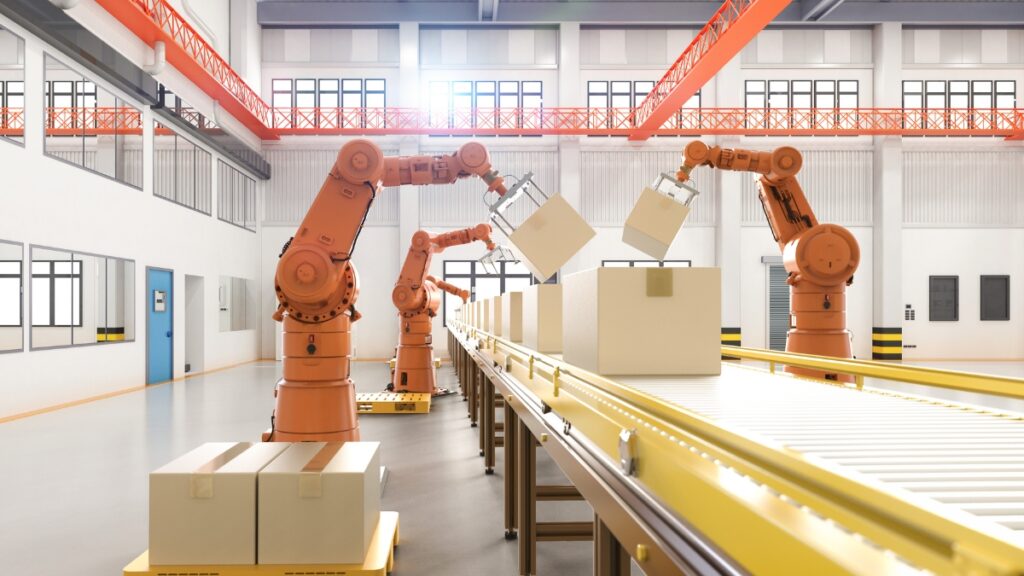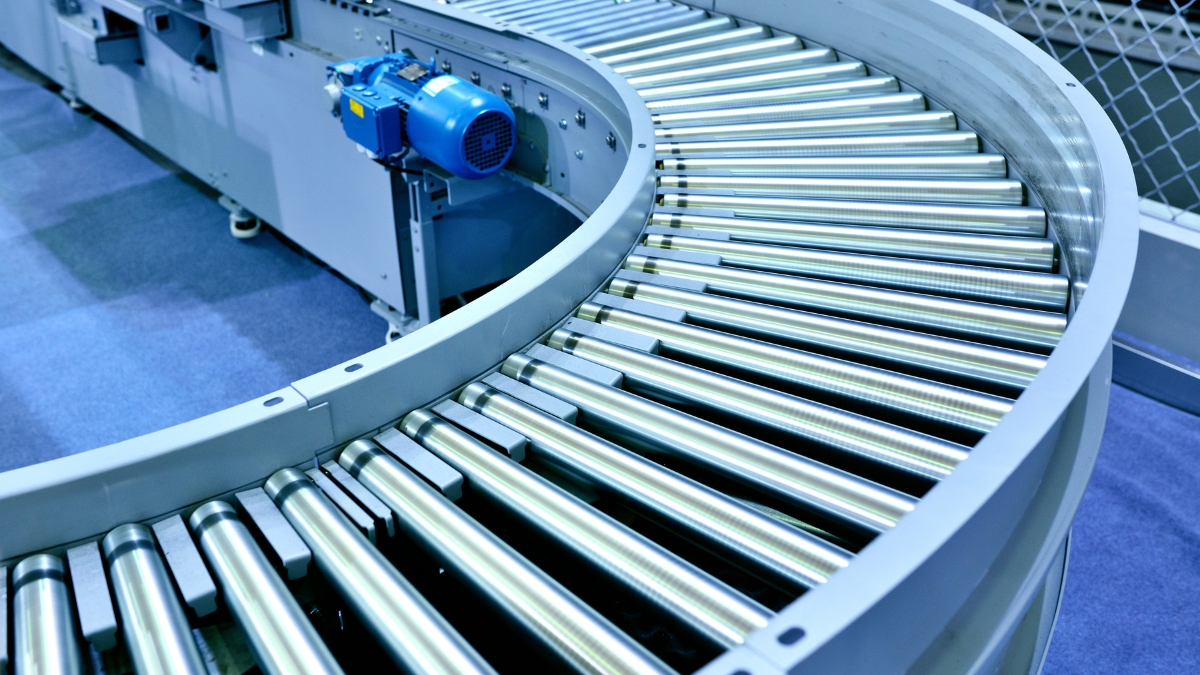In today’s fast-paced industrial landscape, efficiency and productivity are paramount. Conveyor systems, with their ability to transport materials and products seamlessly, play a crucial role in achieving these goals. However, the integration of automation technologies has revolutionized conveyor systems, transforming them into highly intelligent and adaptable assets. This blog delves into the significant role of automation in modern conveyor systems.
- Enhanced Efficiency and Productivity:
Automation empowers conveyor systems with the ability to operate with precision and speed, leading to a significant boost in efficiency and productivity. Automated systems can:
- Optimize material flow: By precisely controlling the movement of materials along the conveyor, automation minimizes bottlenecks and ensures a smooth, uninterrupted flow.
- Reduce labor costs: Automated systems can handle repetitive tasks, freeing up human workers for more complex and strategic roles.
- Increase throughput: Automated systems can operate 24/7 with minimal downtime, maximizing throughput and meeting demanding production schedules.
- Minimize errors: Automated systems reduce the risk of human error, leading to improved product quality and reduced waste.
Contact us today at (973)556-2583 for more information!
- Improved Safety and Ergonomics:
Automation not only enhances productivity but also significantly improves safety and ergonomics in the workplace. By automating hazardous tasks, such as lifting heavy loads or working in confined spaces, automation minimizes the risk of injuries to workers. Furthermore, automated systems can be designed to operate in challenging environments, such as high temperatures or hazardous chemical exposure, ensuring worker safety.
- Enhanced Flexibility and Adaptability:
Modern conveyor systems, equipped with advanced automation technologies, are highly flexible and adaptable. They can be easily reconfigured to accommodate changes in production requirements, such as variations in product size, shape, or weight. This flexibility allows businesses to respond quickly to market demands and adapt to evolving production processes.
- Data-Driven Decision Making:
Automation enables the collection of real-time data on various aspects of conveyor system operation, such as material flow, equipment performance, and energy consumption. This data can be analyzed to identify areas for improvement, optimize system performance, and make informed decisions regarding maintenance and upgrades.
- Integration with Other Systems:
Modern conveyor systems are increasingly integrated with other factory automation systems, such as warehouse management systems (WMS), manufacturing execution systems (MES), and enterprise resource planning (ERP) systems. This integration enables seamless data flow and coordination across the entire supply chain, further enhancing efficiency and productivity.
- Advanced Control Systems:
The heart of any automated conveyor system is its control system. Programmable Logic Controllers (PLCs) and other advanced control technologies enable precise control over conveyor operations, including speed, direction, and stopping and starting. These systems can be programmed to respond to various events and conditions, such as material presence, equipment malfunctions, and safety hazards.
- Robotics and Artificial Intelligence (AI):
The integration of robotics and AI is revolutionizing the capabilities of modern conveyor systems. Robots can be used to perform tasks such as picking, placing, sorting, and inspecting materials, while AI algorithms can optimize material flow, predict equipment failures, and even adapt to changing conditions in real-time.
Did You Know?
The use of automation in conveyor systems is not limited to large-scale manufacturing facilities. Small and medium-sized enterprises (SMEs) can also benefit from implementing automation technologies to improve their competitiveness and productivity.
If you are looking to upgrade your conveyor system with automation technologies, MBA Electric LLC can help. Our team of experts has extensive experience in designing, installing, and integrating automated conveyor systems for various industries. We offer tailored solutions to meet your specific needs and budget, ensuring seamless integration and optimal performance. Contact us today at (973)556-2583 to learn more.



